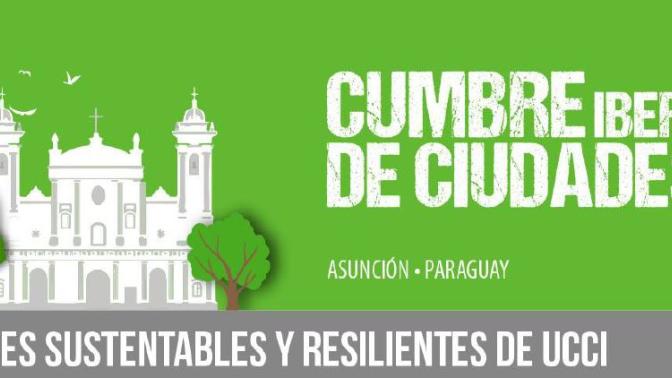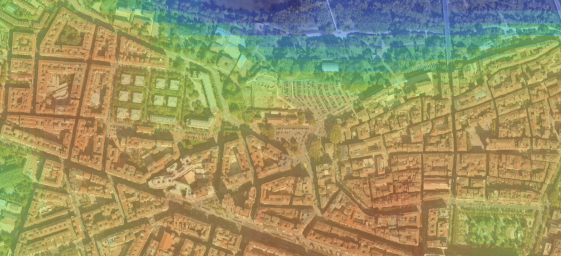Download Agenda Here
GPSC Introductory Presentation
Thematic Areas
Theme 1: Integrated Urban Planning
An integrated urban planning approach is key for municipalities to make rational use of resources and their territories, in pursuit of an efficient interaction between the former and the quality of life of the population. The design of Urban Land-Use Plans ought to comprise all aspects of a city such as transport, services, solid waste management, urban green areas among others, and at the same time, merge the three dimensions of sustainable development: social, economic and environmental. In this context, the planification of a city must be an ongoing process under constant revision, update and adaptation to the specific circumstances of a city with enough flexibility to project future actions that address the population´s changing needs. The specific topics that will be addressed in this theme are:
▪ The new Urban Agenda in the era of SDGs and increasing need for resilience
▪ Metropolitan Governance for sustainable and resilient cities
▪ Urban Sustainability Indicators
Theme 2: Urban Mobility and Transit-Oriented Development (TOD)
Despite the existing differences regarding transport and mobility between cities, overall, the rapid growth of population has brought about an increase in the number of motor vehicles. Multimodal transport is still a pending subject in many cities which, added to the increase in the number of motor vehicles, has resulted in an increment in the emissions of greenhouse gases contributing to climate change, the deterioration of air quality in cities and the consequent effects on human health. It is due to the former that it is essential to pursue a change in paradigm regarding transport in Ibero-American cities. The key to promote measures of optimization of the transport system, is a legal system that fosters the reduction of greenhouse gases and the implementation of TOD initiatives. The specific topics that will be addressed in this theme are:
▪ Urban transport policy
▪ Multimodal transport
▪ Smart cities and mobility
Theme 3: Municipal Finances for the sustainable development of cities
The expansion of services and infrastructure that occurs because of urbanization requires the availability of funds to make it economically viable. The availability of funds in an efficient and timely manner depends upon the financial capacity of municipalities. In this context, this thematic session will focus on mechanisms that strengthen the municipal collection system through different strategies such as real estate surplus linked to improvements in the city. Also, strategic partnerships such as Public-Private Partnerships (PPP) enable the municipality to plan and invest in different initiatives in the long term. The specific topics that will be addressed in this theme are:
▪ Sustainable municipal finances
▪ Governance of municipal finances
▪ Municipal Finances for Sustainable and resilient cities
Theme 4: Urban Solid Waste Management
Population´s growth and changes in consumption patterns have resulted in an increase in the generation of urban solid waste and a change in its composition respectively. The former evidences the need to promote segregation of waste where it is originated, especially at the household level, to enhance the value of recyclables and strengthen the value chain (segregation, recollection, recycling and commercialization and final disposal). Furthermore, it is crucial to build capacity within key actors in the value chain (municipalities, society, informal segregators, among others). The specific topics that will be addressed in this theme are:
▪ Integrated management
▪ Circular Economy
▪ Case Studies
Theme 5: Urban Green Areas
Urban green areas are key in the promotion of a resilient city. Areas such as green corridors, linear parks and other types of parks are habitats of vegetation that serve as sinks for greenhouse gases and at the same time as areas that favor infiltration during precipitation events, thus reducing the water that becomes runoff which poses a risk for the population. Likewise, the conservation of urban green areas allows promoting the protection of the existing biodiversity in the cities and at the same time strengthen awareness linked to the issue. On the other hand, and in relation to the theme of finances for a sustainable city, green areas can be subjected to the implementation of the mechanism of payment for environmental services, thus constituting additional sources of income. The specific topics that will be addressed in this theme are:
▪ Coastal Cities
▪ Climate Change
▪ Case Studies







